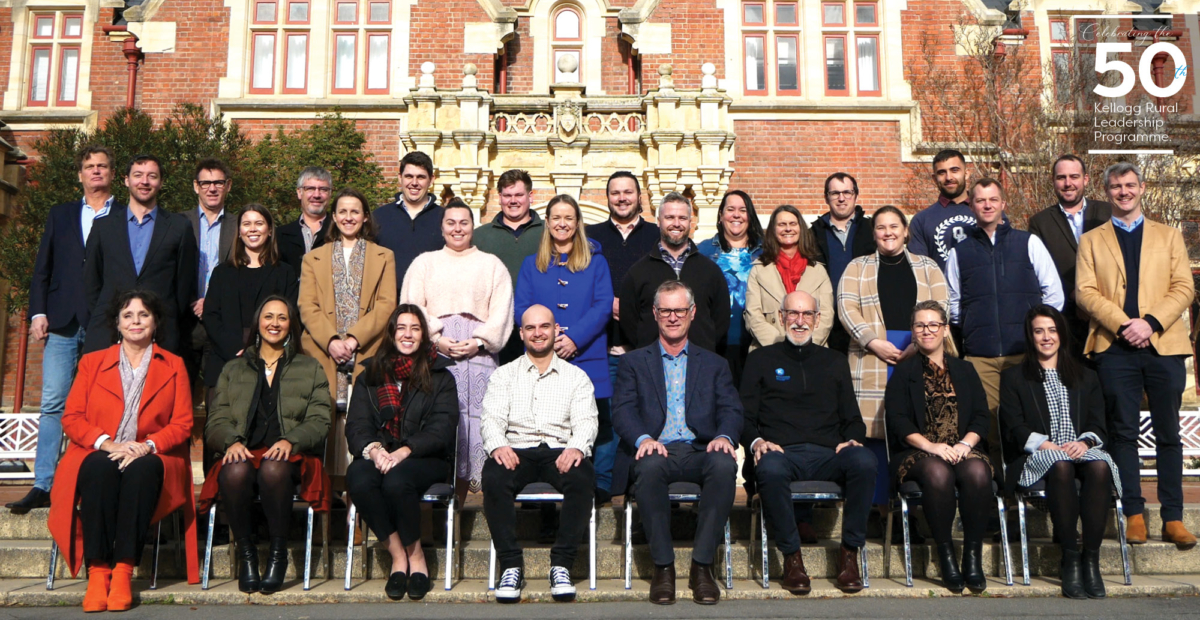
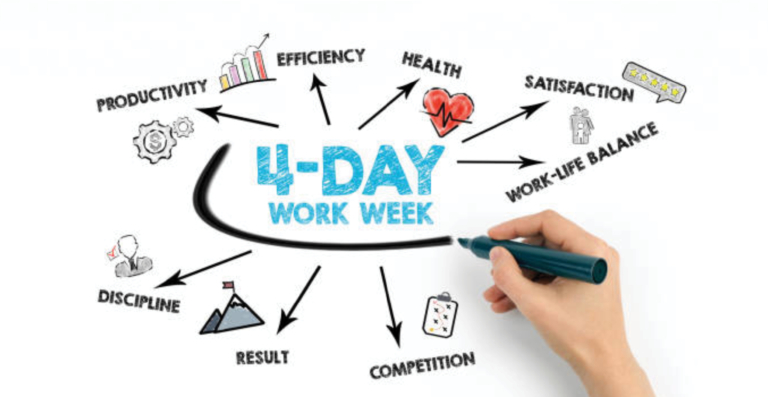
Balancing life and work until the cows come home. The potential for a four-day week in the New Zealand dairy industry.
The efficacy of a four-day week amongst the office-based knowledge workers of the New Zealand dairy industry workforce, is explored in this Kellogg report by Daniel Brocx.
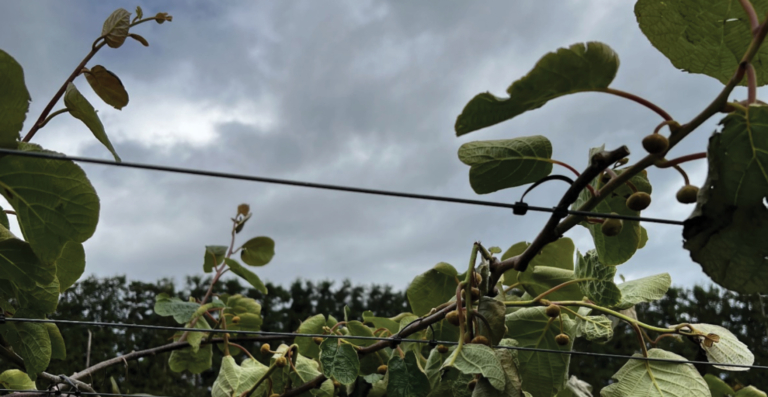
Climate resilience. How might we build resilience with kiwifruit growers in a changing climate?
This report analyses the impact climate change will have on kiwifruit growing regions with strategies to help kiwifruit growers build resilience.
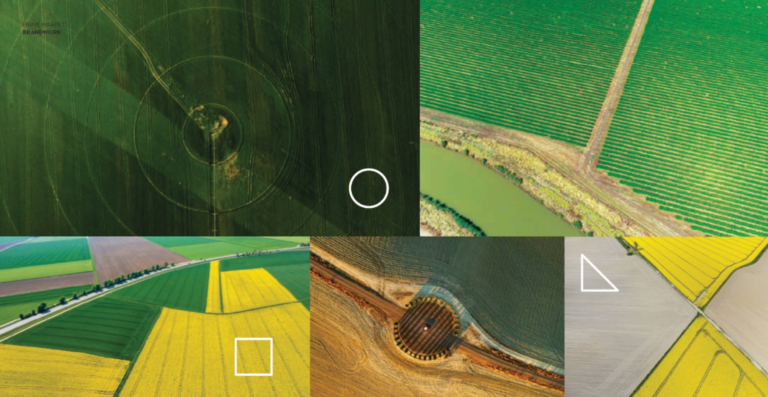
Commercialisation learnings for Agritech
This report looks at the key denominators enhancing the commercial success for an agritech business.
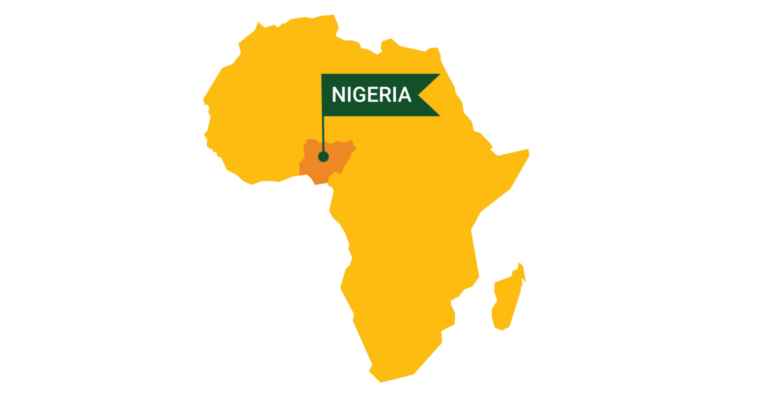
Dairying horizons. Exploring the potential for New Zealand’s dairy expansion in Nigeria.
This report proposes recommendations for New Zealand dairy exporters to explore further growth between New Zealand and Nigeria.
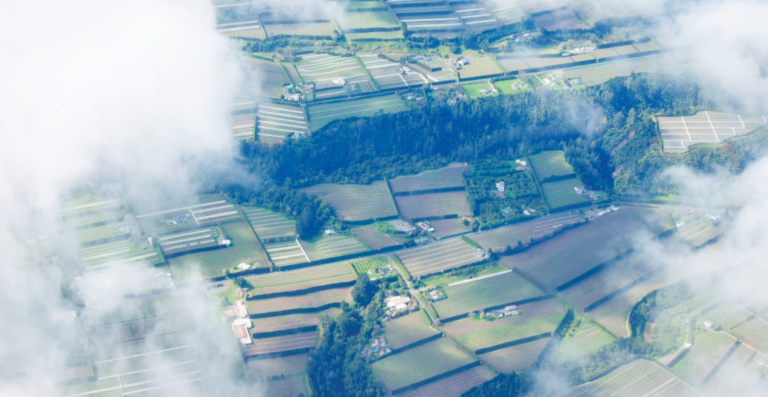
Economic implications of greenhouse gas emission reduction in the New Zealand kiwifruit supply chain – An eco-efficiency perspective.
Investigating both the current and future emission reduction efforts in the New Zealand Kiwifruit supply chain.
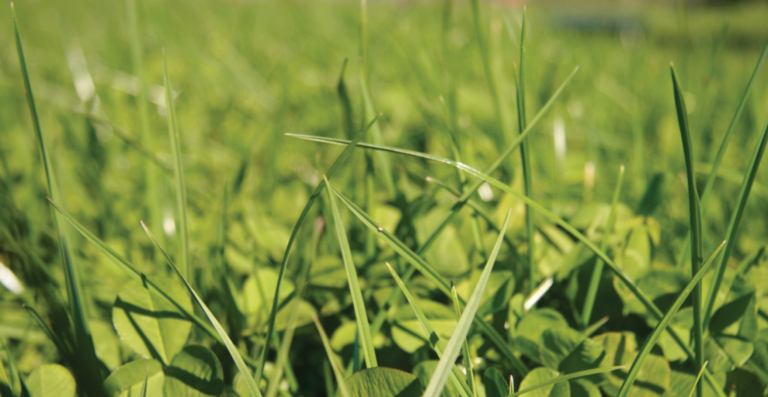
Farmer learning preferences around pasture and homegrown feed.
Key insights, including feedback from farmers, around learning preferences and decision-making on pasture and homegrown feed.
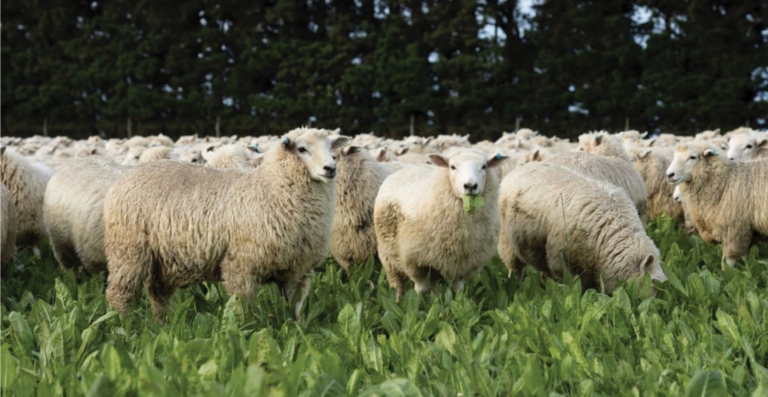
From supply chain to value chain. Understanding the mindset needed to transition for lamb producers.
This report examines how to change from a supply chain strategy to a value chain strategy and what that means for the farmer.
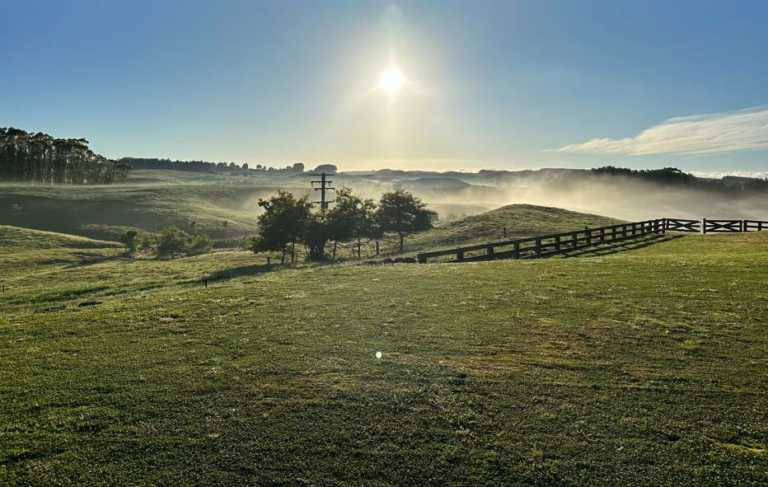
Genetic Technologies and the Effect on New Zealand’s Dairy Farmers
This report examines how genetic technologies could boost New Zealand’s dairy industry, assessing opportunities, risks, and regulatory needs to enhance productivity, sustainability, animal welfare, and regional economic benefits through improved plant breeding for animal feed.

Genetic technologies. The next steps for modernising New Zealand’s policy framework.
This report outlines the principles that should underpin the development of a new regulatory regime and provides suggestions on how to proceed.
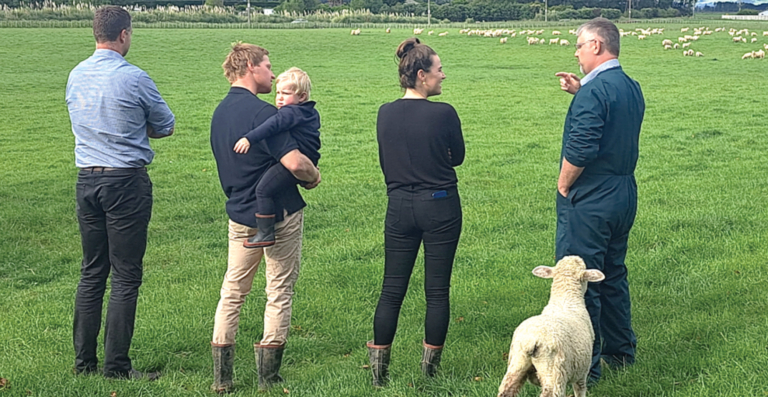
Governance in family farming businesses. How well is it understood and what is the potential?
This report seeks to uncover if improved governance is something that family farming businesses requires and how could it be implemented.
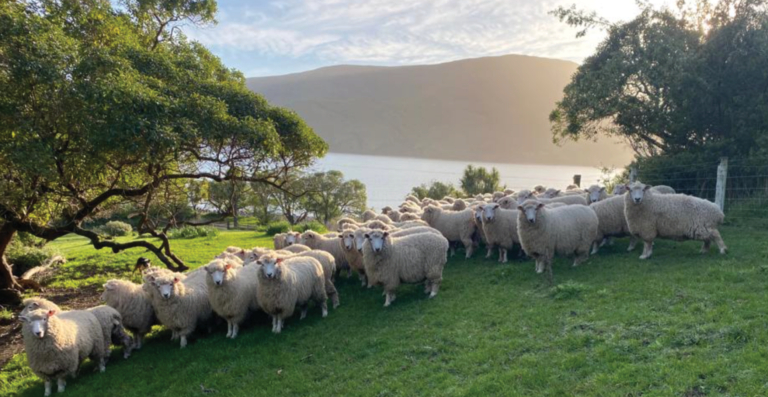
Growers feeling fleeced. How might the market price improve for strong wool growers?
This report looks at the forces influencing the wool market pricing and the opportunities and challenges facing the industry.
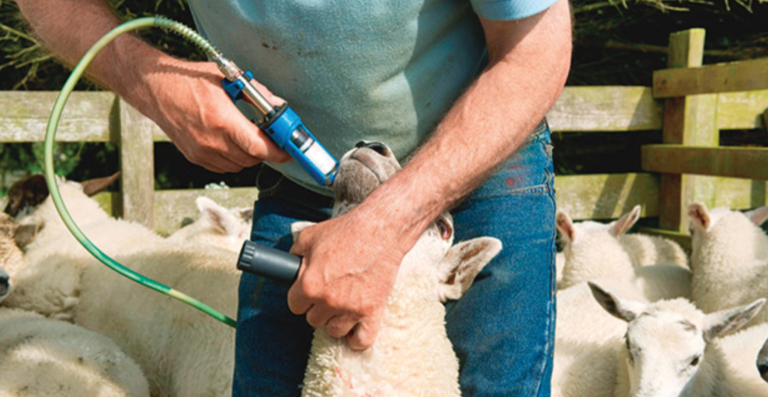
How can New Zealand sheep farmers survive drench resistance?
This report looks at what causes drench resistance in sheep and what can be recommended to farmers to mitigate the risk.
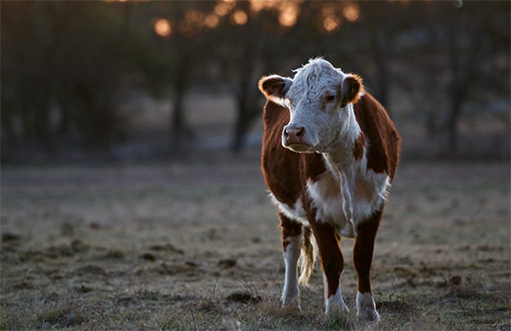
How does New Zealand ensure we do not get complacent in long-term disease control, specifically Bovine Tuberculosis?
This report, Eradicating Complacency, investigates the current perception and understanding of Bovine TB with farmers and industry, to gauge if there is a level of complacency happening with the disease in NZ.
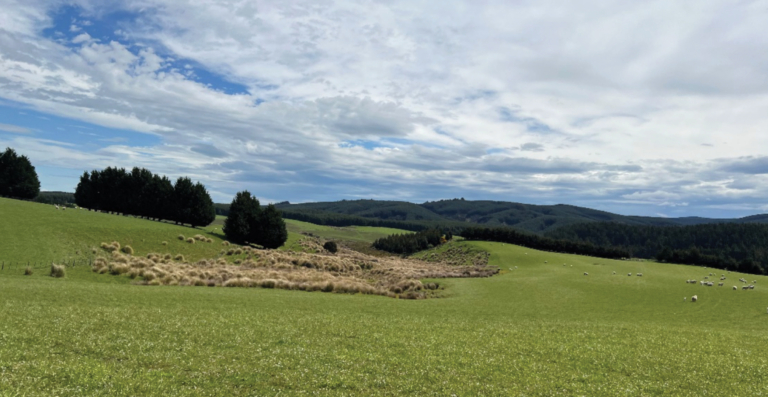
Is it worth it? Costs and benefits of reducing greenhouse gas emissions on sheep and beef farms.
Which of the current climate change mitigation methods have the least effect on profitability?
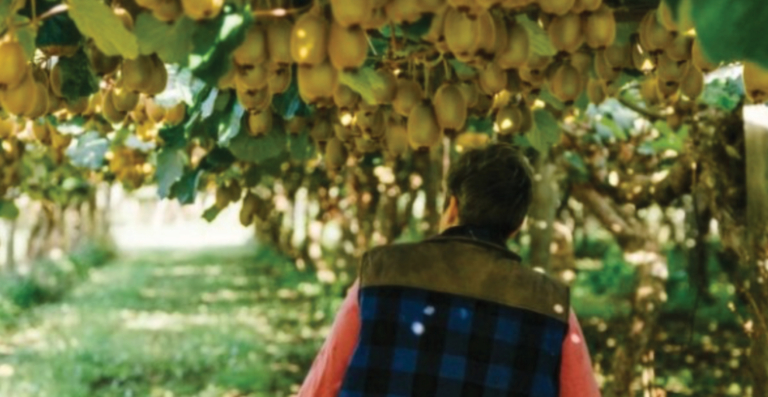
Predicaments around storage pooling in the kiwifruit industry.
This report examines how storage pool formats might influence grower behaviour regarding earning time payments.

Process mapping within farm consultancy.
This report looks at how process mapping could be used in farm consultancy for application in a case study setting.
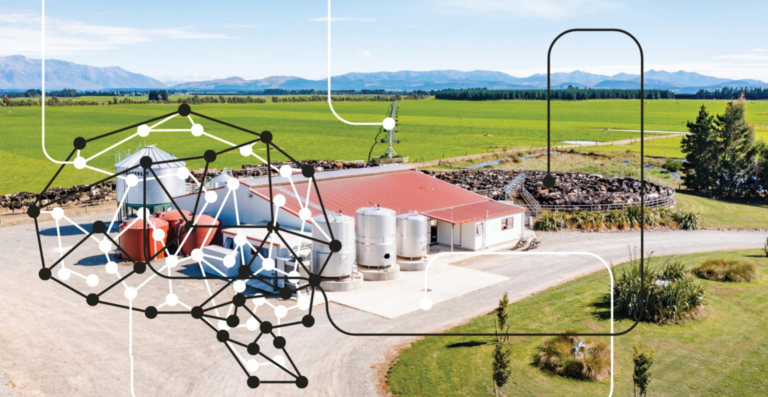
Redefining success. Exploring artificial intelligence for benchmarking in New Zealand’s dairy industry.
Is artificial intelligence a solution to disjointed KPI benchmarking: inconsistent data and manual processes hinder business performance measurement.
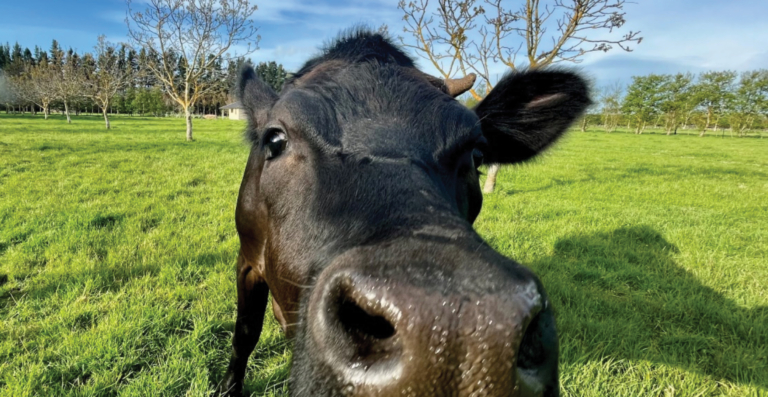
Reducing New Zealand’s livestock methane emissions.
The potential options for New Zealand livestock farmers to decrease their methane emissions.
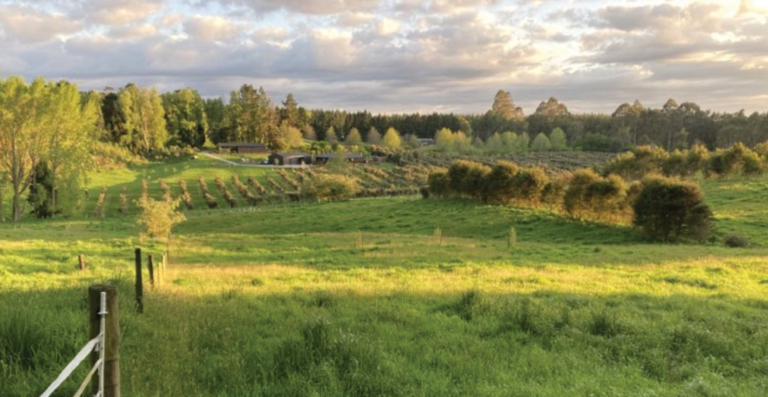
Small-scale food growers and their role in New Zealand’s sustainable food future.
This report seeks to understand NZ’s small-scale growers’ integration into the landscape, ecosystems, and communities.
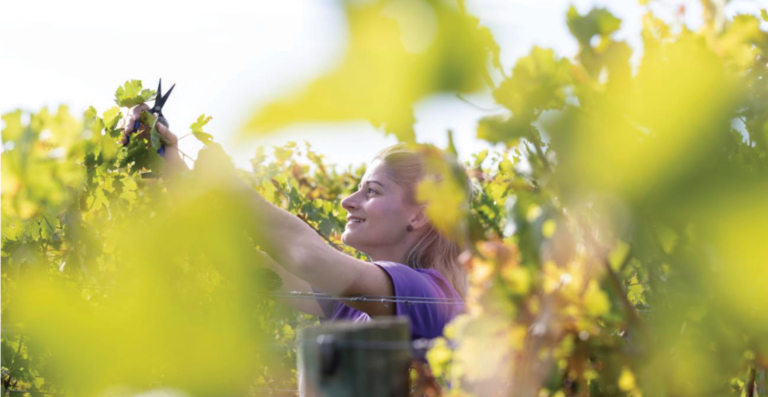
Wellbeing in the seasonal workforce – a technology based solution.
How rostering technology can improve wellbeing, retention and productivity of NZ’s seasonal workforce and what the technology looks like.
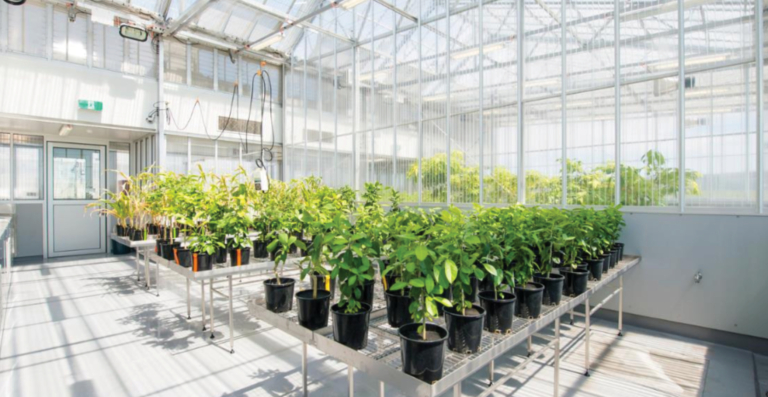
What are the impacts on germplasm importers if regulations get harder to comply with and what are the consequences for NZ?
This report aims to help support work in the germplasm import industry, find solutions for import pathways, and keep NZ safe from biological threats.
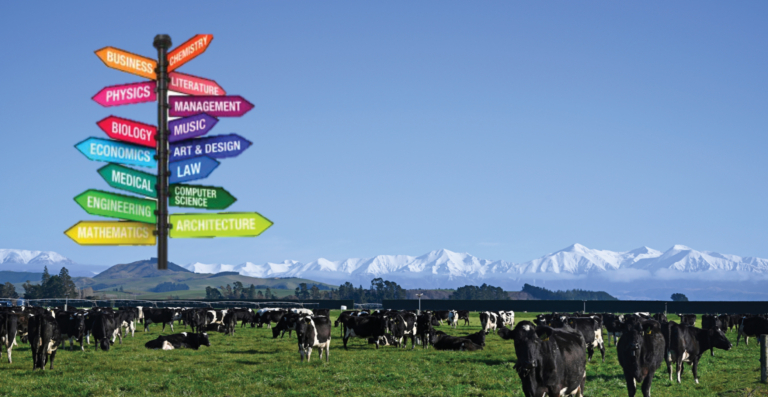
Who’s next? How is New Zealand’s secondary school education system supporting the pathway to a career in agriculture/horticulture?
This report examines New Zealand’s secondary school education system’s effectiveness in guiding students towards careers in agriculture/horticulture.

Women in governance. Food and fibre have a way to go.
This research report examines the current state of women in food and fibre governance.


























